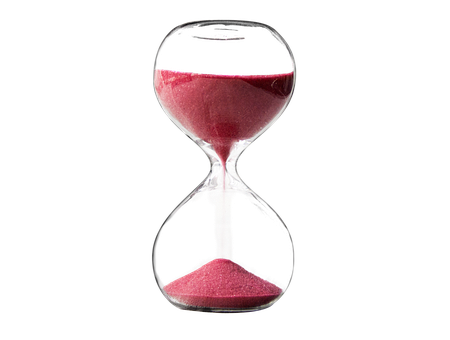You lined up a personal interview for your book? Congratulations. Have you tried digital interviews?
- A digital interview gives you a permanent record whose content you can refer to later or reuse in another format. How many video snippets can you extract from an hour interview, for instance?
- It fills in those segments of information that you miss in your notetaking.
- It is insurance that you don’t, for instance, write 179 when you mean to write 197.
- Listening to your interview later is an opportunity for you to critique your performance.
End of Notetaking as We Know It?
Digital recorders make it so easy to record an interview, including using your phone if you want, that you might be tempted to just put away your pen and paper or laptop.
Don’t.
It’s easy to get the words onto the recorder. It’s harder to get them off even with transcribing foot pedals that stop and start your interview; and digital recorders with that same slow-down capability as a built-in feature.
But it’s easier than it used to be. My friend Greg Peters, for example, used to do digital interviews using his cell phone and an app called TapeACall. But then along came Zoom:
“Since most of my meetings are on Zoom, that has proved to be pretty easy to use for recordings, both video and audio-only. In fact, I am in the process of developing a new online course on the fundamentals of good networking and will be using Zoom – its recording ability, and the fact that it can provide me with the transcript of the interview — as a part of my market research process.”
Improving Speech Recognition Systems
Meanwhile, audio-to-text speech recognition systems keep improving. Traditionally they would pound out phonetic similarities to what was actually said in one long paragraph and leave out the punctuation.
- Newer software yields more accurate transcripts and adds punctuation and formatting.
- It recognizes when speakers change.
- It can interpret low-quality recordings.
- You can add custom words to the app’s vocabulary.
My friend Ryan Morton relies heavily on voice-to-text to write his speeches. Transcribing services he has used include tenmi.com, which charges ten cents a minute; and rev.com, which, Ryan says, “may be better with colloquialisms.”
An Amazing Hour of Interacting and Notetaking
But won’t a recorder, even a digital recorder, intimidate the person you’re interviewing? Maybe forty years ago it would have but not in today’s digital world.
Of course, you will need to ask permission beforehand — I usually ask when I arrive for the interview. If you receive it, then set up your recorder and settle in for a most amazing hour of interacting and notetaking.
* * *
This piece was adapted from Ken Wachsberger’s You’ve Got the Time: How to Write and Publish That Book in You. Ken’s other books may be found here and here. For book coaching, editing, and speaking, email Ken at [email protected].






